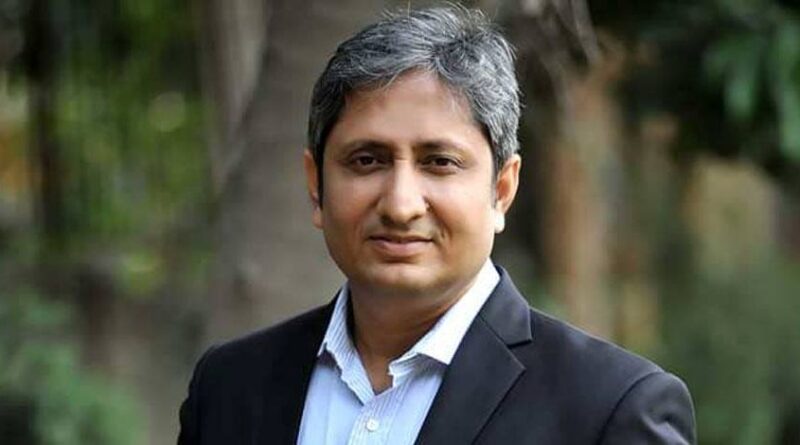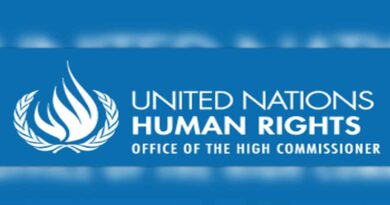When Journalism Is Silenced, Judiciary Must Respond: Ravish Kumar Moves Delhi High Court to Defend Press Freedom
(By: Syed Ali Taher Abedi)
Renowned journalist Ravish Kumar has approached the Delhi High Court challenging a Central Government directive that ordered him and several other independent journalists and YouTubers to remove content related to industrialist Gautam Adani. Kumar, who commands a subscriber base of nearly 14 million on his YouTube channel, termed the move a calculated attempt to silence legitimate journalism and curb public discourse.
On September 16, the Central Government issued a communication directing Kumar and a number of other digital journalists to “take appropriate action” in compliance with a September 6 trial court order mandating the removal of allegedly defamatory content against Gautam Adani.
Shortly after, on September 18, an appellate court partially set aside the trial court’s directions insofar as they related to four journalists, softening the scope of the earlier restrictions. Despite this, the government reiterated removal compliance, which Kumar argues represents an overreach of constitutional limits.
In his petition, filed through advocate Shantanu Derhgawen, Kumar submitted that the government’s order is nothing short of “an unconstitutional exercise of democratic governance.” He contends that:
The directive amounts to prior restraint on freedom of speech, a principle long held to be incompatible with constitutional protections under Article 19(1)(a).
“The Petitioner submits that this case presents issues of fundamental constitutional importance that transcend the immediate facts and require urgent judicial intervention to preserve the basic structure of the Constitution, protect press freedom, and prevent the executive branch from becoming an enforcement arm of private litigants in civil disputes”
It violates press freedom, undermining opportunities for robust debate and free journalism in the digital sphere.
Such executive action threatens to erode democratic discourse, particularly at a time when digital platforms have become central to public engagement and watchdog journalism.
“The Petitioner submits that the Impugned Order represents an unprecedented and unconstitutional exercise of executive power that strikes at the very foundation of democratic governance, press freedom, and the separation of powers doctrine enshrined in the Constitution of India. By directing compliance with a private civil court order without statutory authority, procedural compliance, or constitutional justification, the Respondent has violated fundamental principles that have been the bedrock of Indian constitutional jurisprudence since independence.”
Kumar’s legal challenge goes beyond a personal defense. By invoking prior restraint and press freedom doctrines, the plea raises significant questions about the limits of state regulation on independent journalism, especially content disseminated via digital media.
The case is expected to test the balance between individual reputational rights and collective freedom of expression, an issue that frequently arises in defamation-related litigation targeting journalists critical of powerful business or political figures.
The Delhi High Court is yet to schedule a detailed hearing. The outcome will likely draw national attention not merely for its implications on Ravish Kumar’s journalism, but for the future of digital press freedom in India at large.



